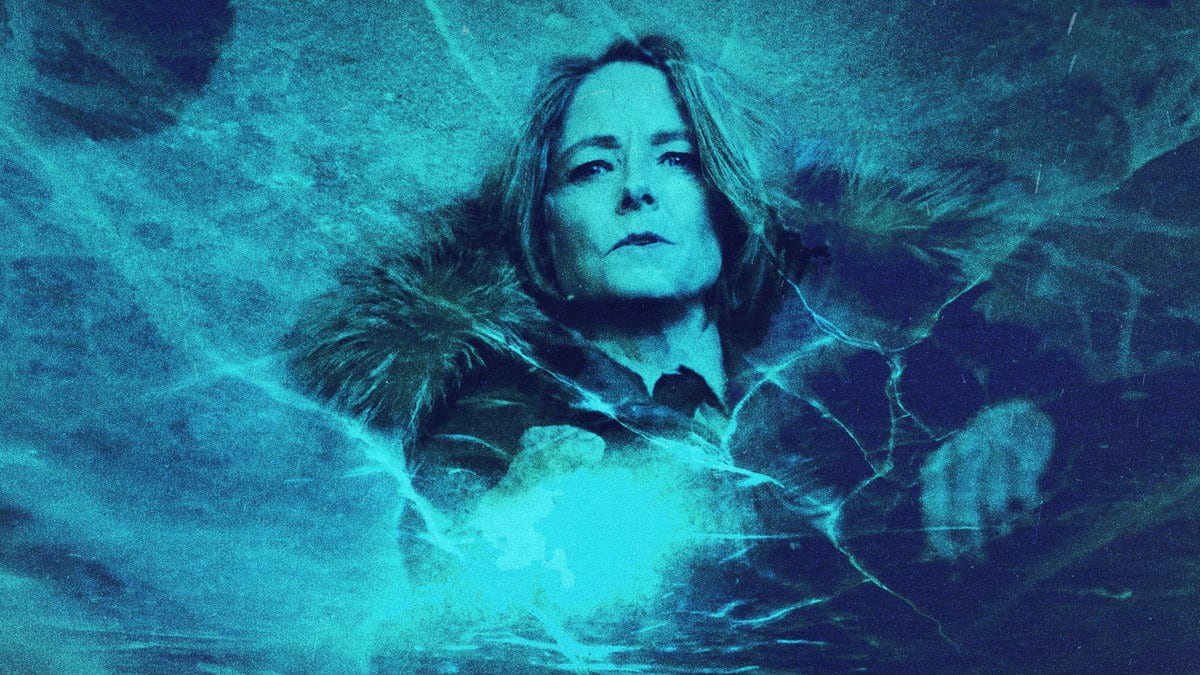Does Jodie Foster Make ‘True Detective’ Worth Watching Again?
A FLAT CIRCLE
“True Detective: Night Country” switches up the formula by casting Jodie Foster and Kali Reis as cops, thwarting the noir’s usual brooding machismo. But is that enough?

Trending Now





